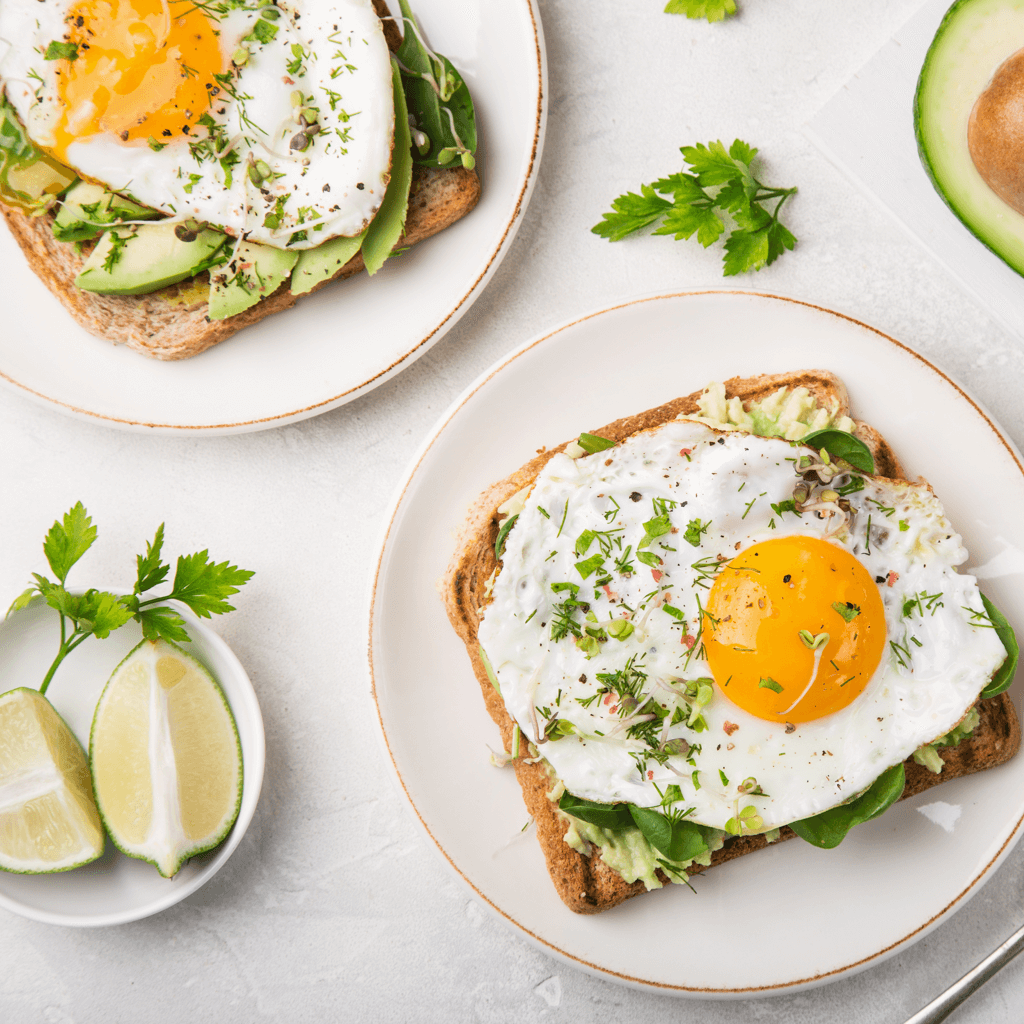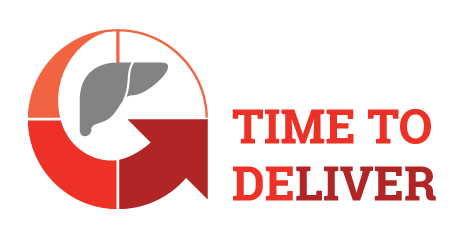Liver cirrhosis can make processing your food more difficult
In cirrhosis, the damage to the liver can make adequate nutrition difficult to achieve for a number of reasons. Good liver function is essential for metabolism, so poor liver function can result in malnutrition.2 In order to reduce the liver’s workload, and to provide the body with all its necessary nutrients, it is important to follow an appropriate nutritional plan for cirrhosis.1
Cirrhosis can impair your bowel function
Cirrhosis can cause changes in blood flow from the gut, leading to impaired bowel function. This can result in abnormal bowel movements.3 It can also cause reduced ability to prevent toxins from being absorbed from the gut.4
Gastrointestinal symptoms are common in people with cirrhosis, and may include bloating, abdominal pain, belching, diarrhea, constipation, reflux and feeling full after not eating very much.4
Cirrhosis can lead to malnutrition
Up to 90% of people with cirrhosis suffer from protein-calorie malnutrition (PCM), which is a deficiency of both protein and calories.5
In cirrhosis, the body often does not get enough protein or calories due to impaired digestion, poor appetite and nausea. As there is less energy available for the body, it increasingly resorts to breaking down protein to make energy.5
It is therefore crucial that people with cirrhosis increase their intake of energy and protein. If there is loss of appetite, weakness or a sensation of fullness, adequate nutrition must be maintained. People with cirrhosis should never reduce their protein intake. On the contrary: those affected should aim to eat 1.0 – 1.5 grams of protein per kilogram of body weight per day, which is significantly more than most people.5
The right diet is critical for people with cirrhosis
The importance of good nutrition in people with cirrhosis is often underestimated. To limit the progression of the disease and to maintain well-being, a diet adapted to fit the person’s needs is essential.2 Discuss your nutritional needs with your doctor or dietitian to figure out the best diet for you and get some healthy eating tips.5
Don’t forget vitamins and minerals!
Whilst people with cirrhosis often lack sufficient energy and protein, they frequently also lack adequate intake of vitamins and minerals. These deficits (e.g. zinc, selenium, calcium and potassium) should be supplemented as they can lead to problems such as taste disorders, and changes in the hair and nails. Vitamins such as vitamins C and B1 should also be supplemented. It is common for people with cirrhosis to have deficiencies in fat-soluble vitamins (vitamins A, E, D and K). Deficiencies in vitamins can cause a number of problems, but speak to your healthcare team before starting any vitamin supplements.2
If you have cirrhosis, your diet plan should be discussed with your doctor. Based on the information they have about your dietary needs, they can make personalized recommendations for you.5

Up to 90% of people with cirrhosis suffer from protein-calorie malnutrition
Additional Information
References:
- Henkel, A., Buchman, A. Nutritional support in patients with chronic liver disease. Nat Rev Gastroenterol Hepatol 3, 202–209 (2006).
- Bémeur C, Butterworth RF. Nutrition in the management of cirrhosis and its neurological complications. J Clin Exp Hepatol. 2014;4(2):141-150
- Al-Busafi, A; McNabb-Baltar, J; Farag, A; Hilzenrat, N. ”Clinical Manifestations of Portal Hypertension”, International Journal of Hepatology, vol. 2012, Article ID 203794, 10 pages, 2012.
- Kalaitzakis E. Gastrointestinal dysfunction in liver cirrhosis. World J Gastroenterol. 2014;20(40):14686-14695.
- Eghtesad S, Poustchi H, Malekzadeh R. Malnutrition in liver cirrhosis:the influence of protein and sodium. Middle East J Dig Dis. 2013;5(2):65-75.
May 2021. GL-HEP-XIF-2000183




